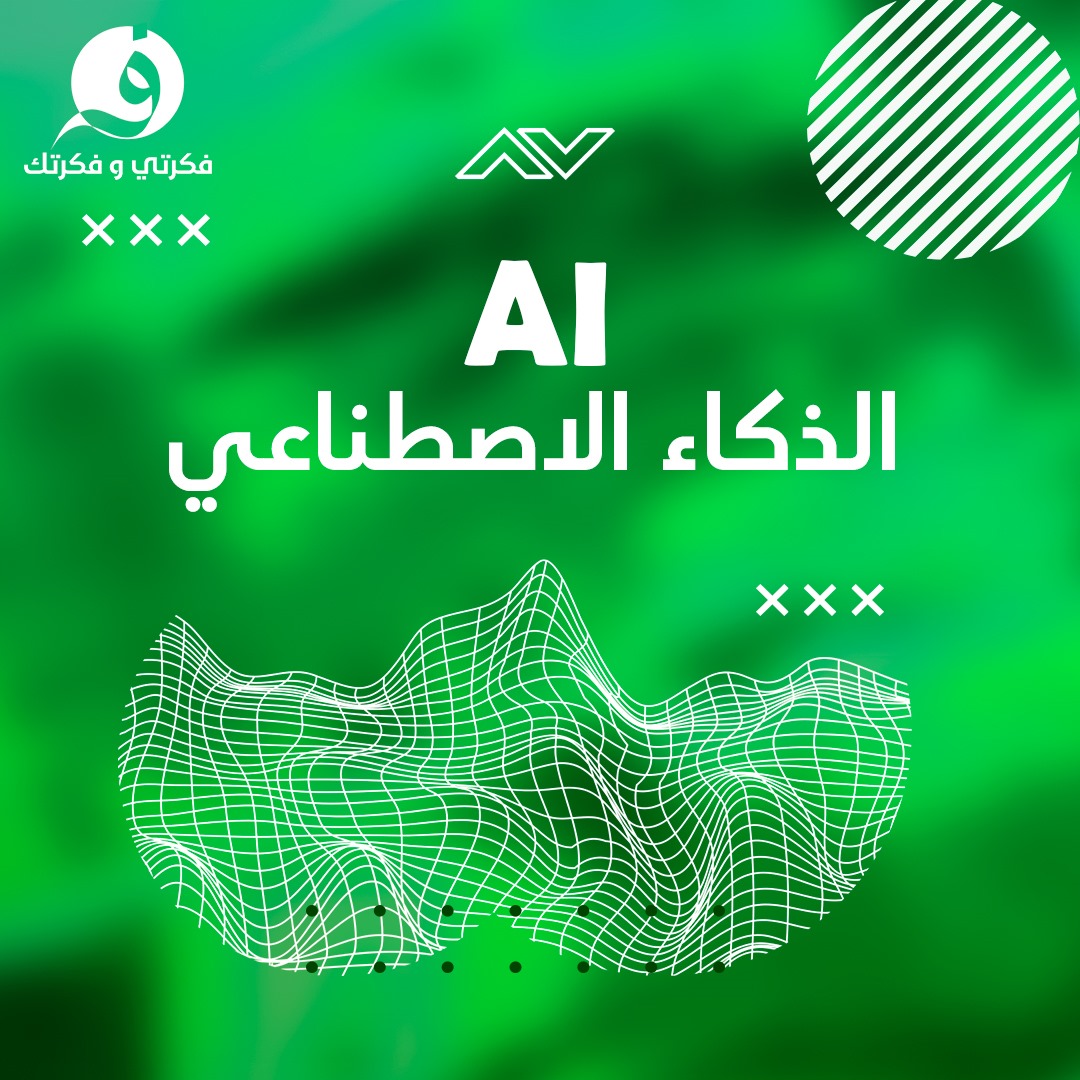
As Artificial Intelligence (AI) is now the hottest topic it is different in the modern era. Artificial intelligence simply covers a set of constraints that allow devices and systems to perform tasks that require and understand tasks similar to human intelligence.
The history of artificial intelligence dates back many decades, as ideas and aspirations towards creating the ability to think influence humans. At first, the questions were clearly about small mathematical and logical calculations. With the development of technology and the power of computers, he became able to apply more innovative ideas such as learning technology and industrial networks.
1.Medicine: Artificial intelligence can be used in diseases, and to determine the optimal option for health care management.
2. Education: Artificial intelligence techniques can be used to develop specialized programs according to what not every student needs.
3. Operation and manufacturing: Artificial innovation in improving production processes, reducing costs and expenses.
4. Translation plan: Texts can always be translated quickly and accurately between different languages.
5. Self-driving vehicle: Companies are working to develop intelligence technologies and drive artificial vehicles safely.
1. Legal sciences: Artificial intelligence technologies pose legal and legal challenges regarding privacy, distinctiveness, and liability for accuracy.
2. Not working: This raises concerns for some people, in addition to the impact of technological development on the inability to become disabled and stop working.
3. Control and Transparency: It raises the question of the extent of control and transparency in AI applications where there are large amounts of security.
4. Deep learning (deep learning): It is a type of artificial intelligence technology that relies on multi-layer artificial neural networks to learn complex data. Must learn in areas such as large image and audio recognition, language translation, and big data analysis.
5. Artificial Robots: Artificial intelligence is used to develop robots capable of performing various autonomous tasks or collaborating with humans, such as industrial robots versus intelligent robots in public service.
6. Data analysis and forecasting: AI technologies can analyze big data and extract trends from it, which helps in making smarter and more effective decisions in areas such as marketing, finance, and healthcare.
7. Weak and Strong AI: Derivation of AI into weak and strong AI. Weak AI refers to electronics that use specific technologies for a non-specific task of understanding or awareness, while weak AI refers to electronics that help understand the surrounding environment and learn from experience equally to humans.
8. Evolution: The field of artificial intelligence and scientific development has witnessed the development of technology and our understanding of the mind and how to operate human intelligence. Through it, it has developed in this field and brought about transformations in various aspects of human life.
Intelligence can have multiple and diverse artificial impacts on various aspects of human life. Here are some effects:
1. Improving quality and productivity: Through the use of AI improvements, improvements can be added to a variety of fields such as industry, services, medicine, and education, leading to increased and improved resources.
2. Changes in the labor market: The application of aspects of artificial intelligence may lead to changes in the structure of the labor market, with the development of new skills in demand for some traditional jobs and in demand for digital and analytical skills.
3. Increased contributions and inventions: AI can be limited to creating new technologies in various fields, depriving the field of complex acquisitions and developments.
4. Advances in consumer experience: Through artificial intelligence applications such as intelligent robots and virtual assistants, consumers can experience and interact with products and services.
5. Improving health care: It can contribute to improving technological elements in diagnosing diseases, identifying specialties, and improving the quality of health care in general.
6. Growth in technological development: The growth in artificial intelligence and its applications can be taken into account to the growth of technological development and the speed of growth in sectors such as cloud computing, robotics, and smart learning.
7. Social animal challenges: Applications of artificial intelligence and artificial intelligence may pose challenges to a social person such as privacy, discrimination, and liability for accuracy, which requires society to discuss them effectively and effective legislation to deal with them.
These are some of the influences that affect artificial intelligence, and these influences can be effective or bad and affect the impact and handling of emerging challenges.
Artificial Intelligence is expected to play an increasingly important part of our lives in the coming years. It is important to be aware of the benefits and risks of artificial intelligence in order to obtain grants from this technology responsibly.
In short, AI represents a diverse field that is destined to bring about major innovations in various aspects of human life. Through diverse applications and cutting-edge technologies, increased artificial intelligence can improve more time, and thus an important factor in building a smarter and more prosperous future.
Leave Your Comment